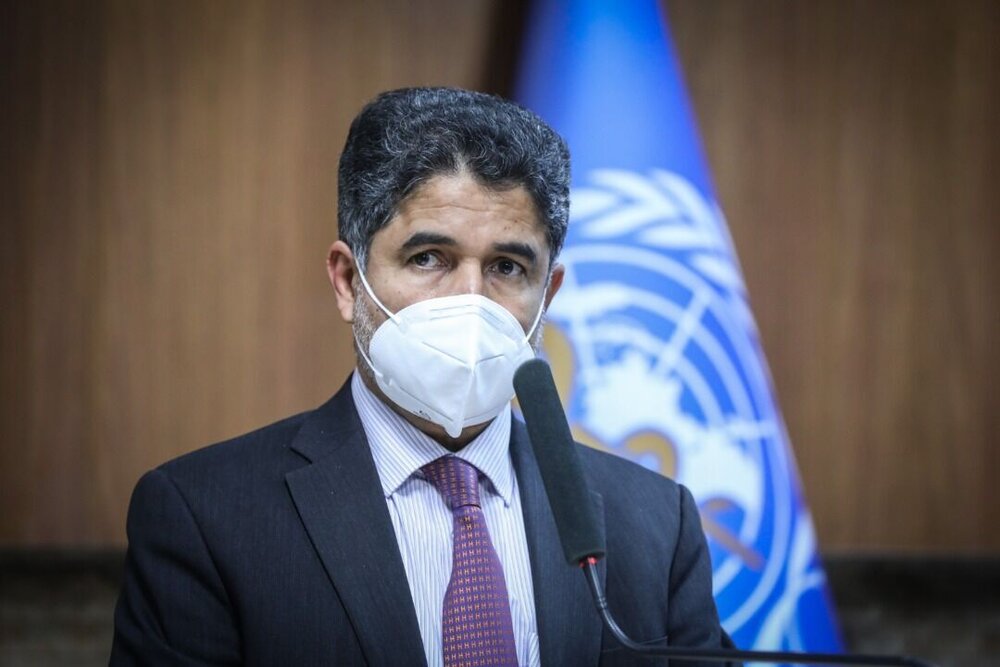Iran, a role model in West Asia for NCDs control: WHO official

TEHRAN – Iran’s measures to control non-communicable diseases (NCDs) is a role model for the Middle East (West Asia), World Health Organization (WHO) Regional Director for Eastern Mediterranean, Ahmad al-Manzari, has said.
During a visit to Tehran, al-Manzari stated that implementation of plans on non-communicable disease prevention and control in 31 provinces and 67 universities of medical sciences has accelerated Iran's path to achieving sustainable development goals.
He called the recent pandemic an opportunity for health systems around the world to prepare themselves for possible future epidemics by making structural changes, IRNA reported on Friday.
Al-Manzari stressed the need to transfer Iran’s knowledge and experience to other countries in the region, especially experiences related to the COVID-19 pandemic and non-communicable diseases by setting up regional and global networks.
Unfortunately, with the over-emphasis of the health system on the recent pandemic and the disruptions in the provision of prevention measures, it is predicted that in the coming years, non-communicable diseases bring up new challenges to the world, lamented.
300,000 Iranians die of NCDs annually
In February 2019, the health ministry announced that some 300,000 Iranians die of NCDs annually in Iran, which means that one-fourth of the country’s population (standing at 80 million) are overweight or obese which also results in developing NCDs.
Diabetes, a non-communicable disease, is a serious threat to people’s health and is the fifth leading cause of death in the country. Diabetes prevalence is 10 percent in Iran and is high among people aging 50 or more.
Cardiovascular diseases (mainly heart disease and stroke), which were the leading cause of death in 2012, diabetes, musculoskeletal disorders (especially osteoarthritis – a highly disabling degenerative disease of the joints), and some cancers (including endometrial, breast, ovarian, prostate, liver, gallbladder, kidney, and colon) are common health consequences of overweight and obesity, WHO warns.
Having too much sugar in the blood for long periods of time can contribute to serious health problems if it's not treated. Hyperglycemia can damage the vessels that supply blood to vital organs, which can increase the risk of heart disease and stroke, kidney disease, vision problems, and nerve problems.
Moreover, 30 percent of men and 36 percent of women aged 25 to 64 years also have high cholesterol due to overweight and obesity, consuming fast food, and insufficient physical activity.
NCDs, a global health threat
NCDs kill 41 million people each year, equivalent to 71% of all deaths globally. Each year, 15 million people die from an NCD between the ages of 30 and 69 years; over 85% of these "premature" deaths occur in low- and middle-income countries.
Cardiovascular diseases account for most NCD deaths, or 17.9 million people annually, followed by cancers (9.0 million), respiratory diseases (3.9million), and diabetes (1.6 million). These 4 groups of diseases account for over 80% of all premature NCD deaths.
Tobacco use, physical inactivity, the harmful use of alcohol, and unhealthy diets all increase the risk of dying from an NCD. Detection, screening, and treatment of NCDs, as well as palliative care, are key components of the response to NCDs.
FB/MG
Leave a Comment